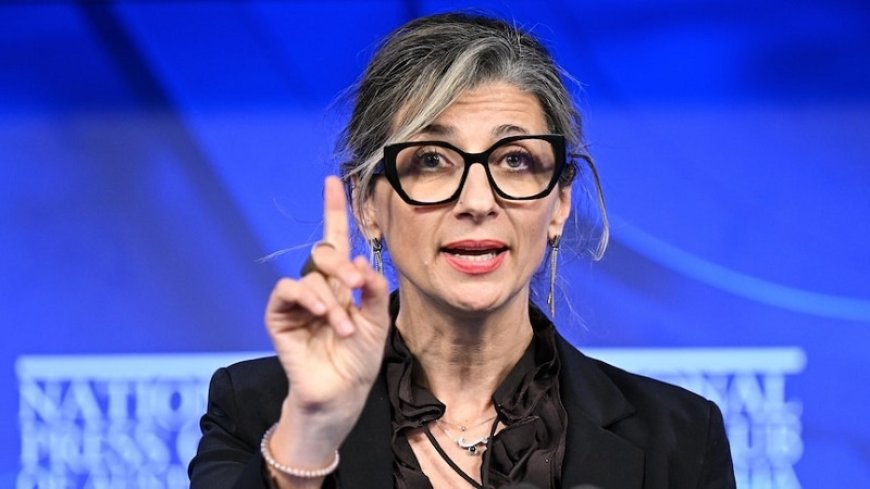UN calls for Benjamin Netanyahu's arrest
The United Nations Special Rapporteur on human rights, Francesca Albanese, has called for the arrest of Israeli Prime Minister Benjamin Netanyahu if he visits Poland, saying that Warsaw must abide by international human rights principles.

The United Nations Special Rapporteur on human rights, Francesca Albanese, has called for the arrest of Israeli Prime Minister Benjamin Netanyahu if he visits Poland, saying that Warsaw must abide by international human rights principles.
Francesca Albanese noted that members of the International Criminal Court should arrest people for whom the court has issued arrest warrants, adding: "Poland, which condemned Mongolia's failure to arrest Russian President Vladimir Putin, should arrest Netanyahu, because discrimination in law enforcement undermines the international justice system."
The call was made in a situation where Polish citizens protested in the city of Warsaw against the country's government's decision to grant Netanyahu immunity and prevent his arrest.
On November 21, 2024, the International Criminal Court based in The Hague in the Netherlands issued an arrest warrant for Israeli Prime Minister Benjamin Netanyahu and his former Minister of War, Yoav Gallant, on charges of committing war crimes and crimes against humanity in the Gaza Strip.
The arrest warrant for Netanyahu and his former ally Gallant was issued six months after Karim Khan, the Chief Prosecutor of the International Criminal Court (ICC), submitted a request for the warrant.

The unprecedented verdict sparked strong emotions and anger from the Zionist regime, especially since before that this regime had always tried to make Palestinian resistance groups, especially Hamas, appear as terrorists and criminals with the support of the United States and to portray itself as their victim.
However, Israel's unprecedented, widespread and undisguised crimes against the oppressed people of Gaza and the deliberate genocide, including the use of the weapon of starvation, along with the blocking of aid deliveries and even the ban on UNRWA's activities, are things that have raised a huge wave of international outcry. In addition to these actions by Israel being condemned in every corner of the world, the world has called for the prosecution of senior officials of the Zionist regime by the International Criminal Court.
124 countries are members of the International Criminal Court and 29 countries have signed the relevant international treaty, the Rome Statute, but have not ratified it in their domestic laws.
This decision has been met with complex and contradictory reactions in Western countries. European countries, which are essentially all members of this court, now face a major test.
However, the positions of these countries are another sign of the European ambivalence on this issue. All European countries are parties to the Rome Statute and have accepted the jurisdiction of the International Criminal Court. However, European countries have expressed different opinions on whether they are ready to implement the decision or not.
Joseph Borrell, the former European Union foreign policy chief, stressed in a message on the X network shortly after the ICC Court's announcement that this decision is binding and must be implemented.
However, European countries have taken different positions on the issue. Although Hungary is a member of the European Union, immediately after the decision was made, it announced that it would not only not implement the decision, but also invite Netanyahu to travel to Budapest.

Some other countries such as Italy, Ireland, Belgium, the Netherlands and Norway have announced that they will respect the court's decision and that they will arrest Netanyahu if he travels to their countries.
Some other countries have not explicitly stated whether they will implement the decision or not. Germany, as a key member of the European Union, and the United Kingdom are among these countries. The fact of the matter is that Berlin and London will refuse to implement this decision.
Despite being a member of the International Criminal Court, Poland has insisted that it will not arrest Netanyahu if he visits the country, a stance that contradicts its promises.
This comes despite Warsaw having previously criticized Mongolia for not arresting Russian President Vladimir Putin during his visit to the country following an arrest warrant issued by the International Criminal Court.
This ambivalent stance once again demonstrates the West's practice of taking two-faced positions on issues such as terrorism, human rights, and war crimes.













































